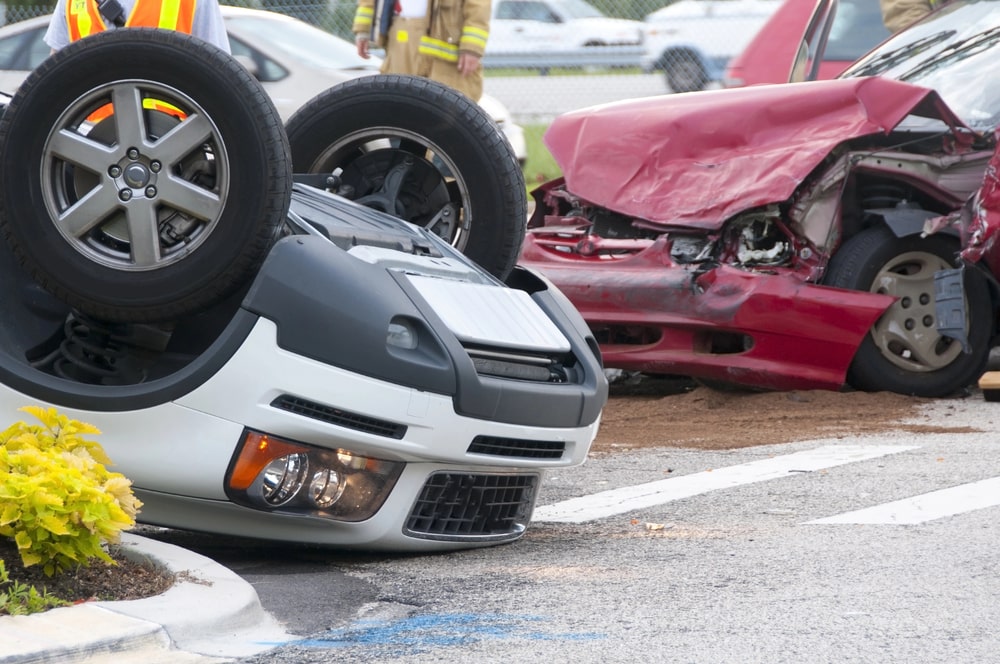
Losing a loved one in a fatal car crash is one of the most difficult events a family can face. While the emotional pain can be debilitating, there are important steps that must be taken in the days and weeks following the loss. Your local attorney and support system can help you every step of the way. While every situation is different, some actions can help families manage the aftermath and prepare for what comes next. Below is a guide we put together to assist you in case you’re navigating the unimaginable pain of wrongful death and the stress of probate all at once.
Get Immediate Support And Take Care Of Initial Arrangements
In the immediate aftermath of the crash, families should prioritize medical and legal notifications. Hospitals or first responders typically contact next of kin, but families may also need to notify other relatives or close friends. Once a death certificate is issued, funeral arrangements can begin.
During this time, emotional support is just as important as logistical help. Consider reaching out to grief counselors, religious leaders, or support groups to help process the loss.
Request A Copy Of The Crash Report And Gather Information
After a fatal crash, a police investigation is usually completed. The report will include details about what happened, including statements from witnesses and any citations issued. Families should request a copy of this report from the appropriate law enforcement agency.
At the same time, it is helpful to gather any documentation that may be relevant later. This might include photos of the vehicle, medical records, and correspondence with insurance companies. If your loved one had an insurance policy or will, locate those documents as soon as possible.
Consider Legal Action If Negligence Was Involved
If another driver was at fault, the family may have grounds to pursue a wrongful death claim. A car accident lawyer can help assess whether a case exists and what compensation may be available. Damages in these cases often include medical expenses, funeral costs, lost income, and loss of companionship.
While legal action may be the last thing on your mind, there are time limits for filing a wrongful death lawsuit. Connecting with a trusted attorney sooner rather than later can protect your rights and preserve important evidence.
Begin The Probate Process
If your loved one owned property or had financial accounts, the estate will likely need to go through probate. This legal process helps transfer assets, pay debts, and close out accounts. If your family member had a will, the named executor is responsible for initiating probate. If there is no will, the court will appoint someone to act as administrator.
This can be a difficult task for someone grieving. Working with an estate planning attorney can help clarify next steps, especially when dealing with probate court procedures, distributing property, or resolving disputes between heirs.
Update Your Own Legal Documents And Plans
A sudden loss can prompt people to reflect on their own affairs. This may be a good time to review or create your own estate documents, such as a will, powers of attorney, or healthcare directive. These tools can give your family peace of mind and reduce stress if a crisis ever occurs.
Attorneys like our colleagues at Mickey Keenan P.A. can attest to how much smoother things go when a person has a clear estate plan in place. While no one wants to think about the worst-case scenario, being prepared can make a major difference for loved ones left behind.
Take Things One Step At A Time
Grief is a long process, and there is no right or wrong way to move through it. While handling the practical side of a fatal crash understandably feels overwhelming, focusing on one task at a time can be a huge help. Surround yourself with people you trust, seek professional advice when needed, and give yourself the space to heal. You’ve got this.
